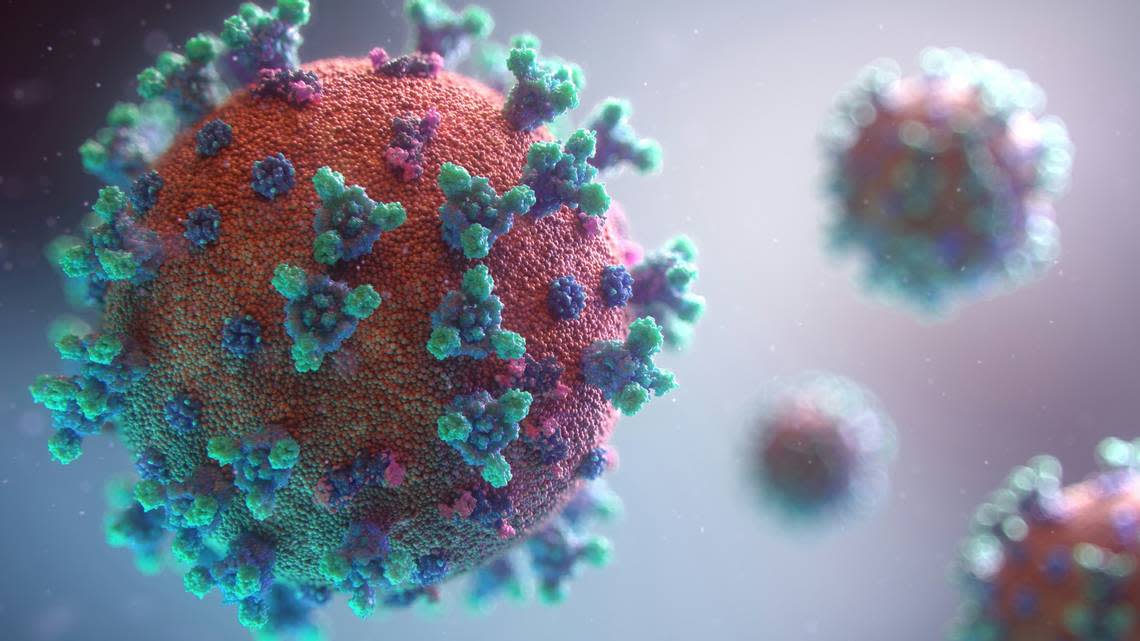How will your body respond to having COVID again? Look at your first time, study says

- Oops!Something went wrong.Please try again later.
As people continue to contract COVID-19, many wonder if the severity of these infections changes with reinfection. If you were hospitalized with an initial infection, what does that mean for contracting the coronavirus again? A new study has answers.
The peer-reviewed study, published July 11 in the journal Communications Medicine, examined data from 212,984 Americans who experienced an initial COVID-19 infection as well as at least one reinfection. The researchers found that the level of severity of initial infections tended to foreshadow the severity of reinfections.
“About 27% of those with severe cases, defined as receiving hospital care for a coronavirus infection, also received hospital care for a reinfection,” the National Institutes of Health, which funded the research, said in a July 11 news release discussing the study.
Conversely, 87% of people who had “mild” cases of COVID-19 (no hospitalization) had “mild” reinfections as well.
These results were consistent regardless of variants.
While examining the data, the scientists also found that cases of long COVID were far more likely to set in after a first infection rather than after a reinfection.
And severity was not the only thing that correlated, scientists said.
They also found that they could gauge a person’s risk for reinfection by measuring the levels of albumin in their blood.
Albumin is a protein made by the liver that “keeps fluid from leaking out of your bloodstream,” according to the Cleveland Clinic. It is also responsible for helping vitamins, enzymes and hormones circulate your body. In the study, lower levels of albumin indicated a higher risk of COVID-19 reinfection.
As with any study, the conditions for research were not perfect, scientists said.
One peculiarity of the study was that women made up a significant majority of the study cohort and the majority of people with reinfections. According to the authors, over three-fifths of the many thousands of people being studied were women.
While this could be due to biological differences in immune responses, what’s equally possible is that women are more likely to use health services available to them, researchers said. This social phenomenon has been explored in past studies.
The authors also acknowledge that with the prevalence of at-home testing, it was impossible for the study to account for many reinfections that have never been officially documented.
‘I deteriorated.’ Woman with long COVID watches body transform as it attacks itself
COVID can quietly linger in your body long after getting sick. What does that mean?
How long does marijuana THC linger in breast milk for new moms? What new study found

